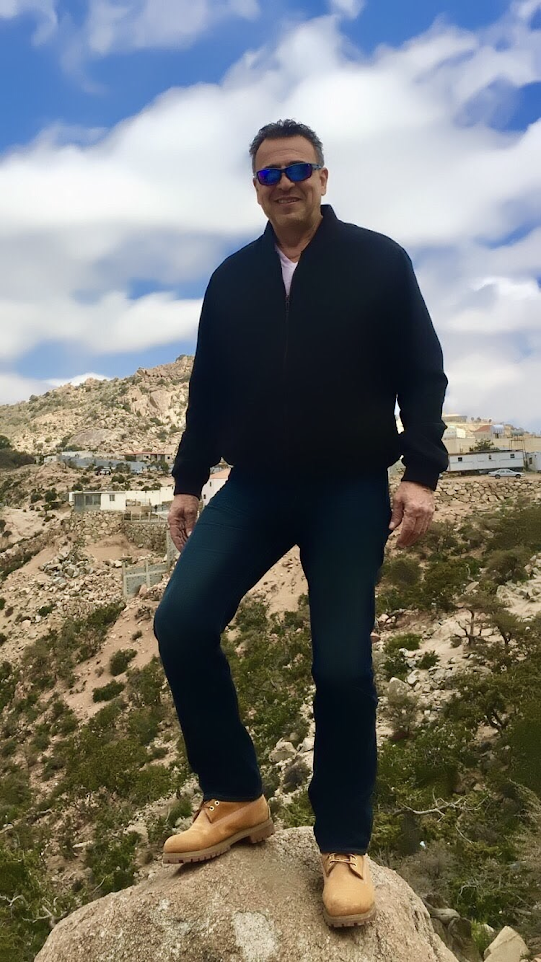The Compass That Lied: A Mountain Adventure
The fog rolled in like a vengeful spirit, swallowing the trail markers one by one until I stood alone in a world of gray cotton. My brand-new GPS unit—that marvel of modern technology I’d bragged about at base camp—flickered once and died, leaving me with nothing but a vintage compass inherited from my grandfather and the growing realization that I was monumentally screwed.
Into the Mist
Three hours earlier, I’d been the picture of confidence, striding up the Cascade Ridge trail with enough gear to outfit a small expedition. The weather forecast had promised clear skies, and I’d dismissed the old-timer’s warning at the trailhead about “mountain weather having its own mind.” Classic hubris, served with a side of expensive hiking boots.
Now, as the temperature dropped and the mist thickened to an impenetrable shroud, that confidence felt as useful as a chocolate teapot. The compass needle wavered between two directions, seemingly as confused as I was. Every tree looked identical, every rock formation a doppelganger of the last.
The Wrong Turn
I chose left. The compass suggested right, but what did a 70-year-old piece of metal know about modern trail systems? I’d downloaded the latest maps, studied the terrain for weeks. My gut said left, and I’d always trusted my instincts.
Two hours later, standing at the edge of a cliff that definitely wasn’t on any map I’d memorized, I realized my gut was an unreliable narrator. The fog had lifted just enough to reveal a panorama of unfamiliar peaks stretching toward a horizon that looked suspiciously like the wrong side of the mountain range.
The compass, when I finally consulted it with the respect it deserved, pointed stubbornly back the way I’d come. That antique needle hadn’t wavered—I’d simply been too proud to trust what I couldn’t understand.
The Long Way Home
The journey back tested every muscle and nerve I possessed. The trail that had seemed so manageable in daylight became a treacherous maze of roots and loose stones. My water ran low, my energy reserves depleted, but that steady compass needle became my north star in more ways than one.
Hours passed in a blur of careful footsteps and frequent compass checks. Each reading confirmed what I’d learned the hard way: the old instrument knew exactly where it was, even when I didn’t. As the fog finally began to lift and familiar landmarks emerged like old friends, I felt a profound shift in perspective.
The Descent
By the time I reached the trailhead, stars were piercing the clearing sky, and my legs felt like overcooked spaghetti. The parking lot was nearly empty except for my dusty Hummer, waiting patiently under a flickering light pole.
I sat on the tailgate for a long moment, turning the compass over in my hands. Its brass surface was worn smooth by decades of use, the glass face scratched but clear. My grandfather had carried this through three wars and countless hunting trips. He’d never owned a GPS, never needed satellite signals or digital displays.
The Lesson Learned
We live in an age of disposable wisdom. If it’s not new, connected, or trending, we assume it’s obsolete. I’d carried my grandfather’s compass for years like a sentimental relic, never considering that its decades of reliability might actually mean something. The brass was tarnished, the design unchanged since World War II—everything our culture teaches us to replace and upgrade.
But that “primitive” instrument saved my life while my cutting-edge GPS became expensive dead weight. The mountain forced a brutal reckoning: How much accumulated knowledge do we discard simply because it comes without a software update?
My grandfather never needed to “reboot” his compass or worry about signal strength. He trusted it because it had earned trust through consistency, not marketing campaigns. The old-timer at the trailhead had tried to share genuine wisdom, but I’d filtered his words through my bias toward the outdated and irrelevant.
This isn’t nostalgia or technophobia—it’s recognition. We’ve developed a dangerous reflex of dismissing experience in favor of innovation, assuming that newer automatically means better. But some truths are foundational, some tools are perfected, and some wisdom doesn’t need upgrading.
The real navigation error wasn’t following the wrong compass bearing. It was failing to appreciate that something could be both old and superior, both simple and sophisticated. In our rush to embrace the future, we often abandon the very foundations that made progress possible.
The most dangerous wilderness isn’t the one around you—it’s the arrogance that convinces you that wisdom expires with age.




